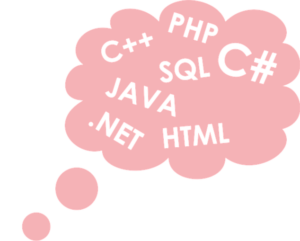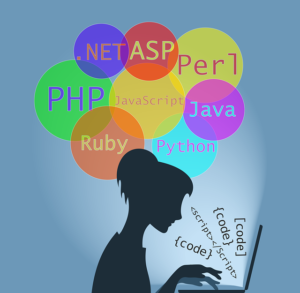
Is It Necessary to Become a Polyglot in Programming?
In the digital world where there are hundreds of different programming languages, it can be a hard decision on what programming language to learn. Although there are languages that have a lot in common, the real question poses itself: is it really necessary to know more than one programming language in order to be a successful programmer? Do these modern times dictate the trends in learning different programming languages as a must? We will try to answer these questions in the following paragraphs.
Hobby or not, choosing a language is up to you and your future goals

To start with, one should definitely decide on their initial needs to learn a programming language. It is a completely different point of view when a person does that just out of a hobby and when mastering programming languages can open the door to a future career. The programming experts agree on one simple fact: if you start learning a programming language out of a hobby, it is enough if you take interest in only one of them. Search for the pros and cons of the most applied programming languages, such as Java, JavaScript, Python, C++, Ruby, or HTML, and choose the language that would meet your needs most.
Master one programming language first
Those people who plan to pursue a career as programmers should also start with their needs and wishes. Then, for a start, it is necessary to master one programming language in-depth, and after becoming professional at it, the programmer can get down to learning the second one. The first step of mastering different programming languages resembles the learning of mother tongue and foreign languages – once you are fluent and familiar with all the structures and rules in your mother tongue, you can grasp the structures of a foreign language.
The next step: Becoming proficient in two or more languages

Nevertheless, this is not where the story ends. Modern times abound in programming languages which bring the online world to a whole new level, and, in order to be a real programming professional, you will learn other languages on the go. Many people argue that a recognized programmer should become a professional in, at least, two or three programming languages, and you will be able to dive into other languages too. The knowledge of multiple languages will help you solve issues that you haven’t bumped into before, and with sensible reasoning and a bit of creativity, you will find a unique programming solution. The important thing is to familiarize oneself with the nature of languages, their syntax, structures, and symbols, and to explore the similarities and differences between them.


